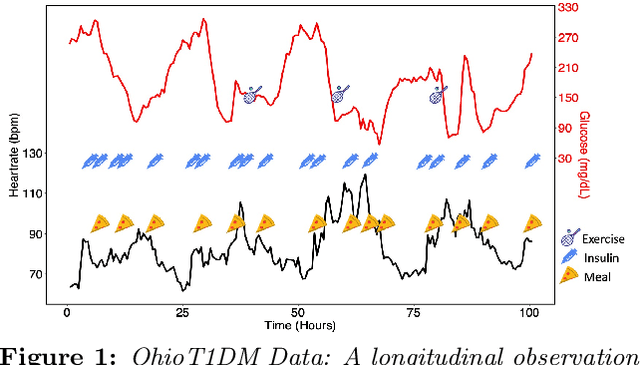AI in Pharma for Personalized Sequential Decision-Making: Methods, Applications and Opportunities
Paper and Code
Nov 30, 2023
In the pharmaceutical industry, the use of artificial intelligence (AI) has seen consistent growth over the past decade. This rise is attributed to major advancements in statistical machine learning methodologies, computational capabilities and the increased availability of large datasets. AI techniques are applied throughout different stages of drug development, ranging from drug discovery to post-marketing benefit-risk assessment. Kolluri et al. provided a review of several case studies that span these stages, featuring key applications such as protein structure prediction, success probability estimation, subgroup identification, and AI-assisted clinical trial monitoring. From a regulatory standpoint, there was a notable uptick in submissions incorporating AI components in 2021. The most prevalent therapeutic areas leveraging AI were oncology (27%), psychiatry (15%), gastroenterology (12%), and neurology (11%). The paradigm of personalized or precision medicine has gained significant traction in recent research, partly due to advancements in AI techniques \cite{hamburg2010path}. This shift has had a transformative impact on the pharmaceutical industry. Departing from the traditional "one-size-fits-all" model, personalized medicine incorporates various individual factors, such as environmental conditions, lifestyle choices, and health histories, to formulate customized treatment plans. By utilizing sophisticated machine learning algorithms, clinicians and researchers are better equipped to make informed decisions in areas such as disease prevention, diagnosis, and treatment selection, thereby optimizing health outcomes for each individual.
 Add to Chrome
Add to Chrome Add to Firefox
Add to Firefox Add to Edge
Add to Edge